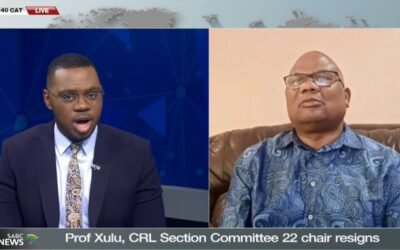A criminal case has been filed against two women in a city where in the past Christians had their houses destroyed and were even burned alive.
by Massimo Introvigne

On August 12, in the Kasur area of Punjab, police registered a criminal case involving blasphemy charges against two women—one being the owner of a private school and the other her maid—in Rai Kalan village for purportedly desecrating and damaging pages of the Holy Quran.
A video of the incident that took place on Friday went viral on social media by Saturday. Hundreds of individuals from neighboring villages such as Badarpur, Rai Kalan, and Havalian assembled outside the school building after announcements were made via mosque loudspeakers.
A significant police presence arrived in the village to manage the situation. An initial report was filed based on a complaint from Kashif Ali, the prayer leader at the village mosque, against the two women accused of blasphemy.

Kasur has emerged in the last decade as the nation’s capital of fabricated blasphemy accusations, most of them involving alleged desecrations of pages of the Holy Quran. In 2014, Christians Shama and Shahzad Masih, accused of blasphemy, were burned alive by an angry mob. Dozens of houses of Christians have been destroyed in periodical eruptions of violence.

Massimo Introvigne (born June 14, 1955 in Rome) is an Italian sociologist of religions. He is the founder and managing director of the Center for Studies on New Religions (CESNUR), an international network of scholars who study new religious movements. Introvigne is the author of some 70 books and more than 100 articles in the field of sociology of religion. He was the main author of the Enciclopedia delle religioni in Italia (Encyclopedia of Religions in Italy). He is a member of the editorial board for the Interdisciplinary Journal of Research on Religion and of the executive board of University of California Press’ Nova Religio. From January 5 to December 31, 2011, he has served as the “Representative on combating racism, xenophobia and discrimination, with a special focus on discrimination against Christians and members of other religions” of the Organization for Security and Co-operation in Europe (OSCE). From 2012 to 2015 he served as chairperson of the Observatory of Religious Liberty, instituted by the Italian Ministry of Foreign Affairs in order to monitor problems of religious liberty on a worldwide scale.



